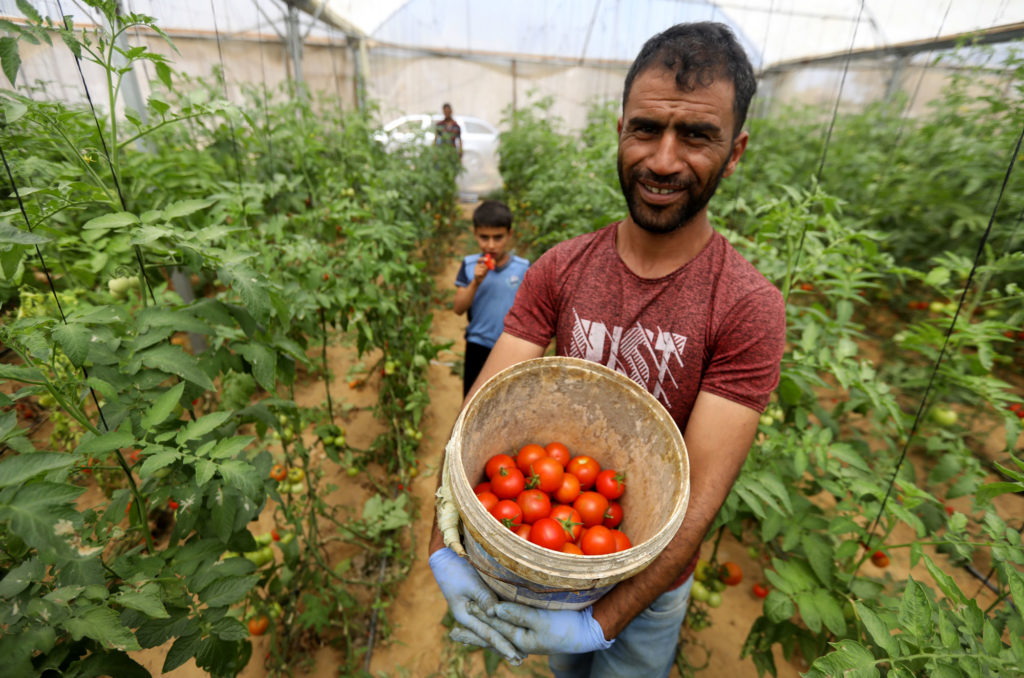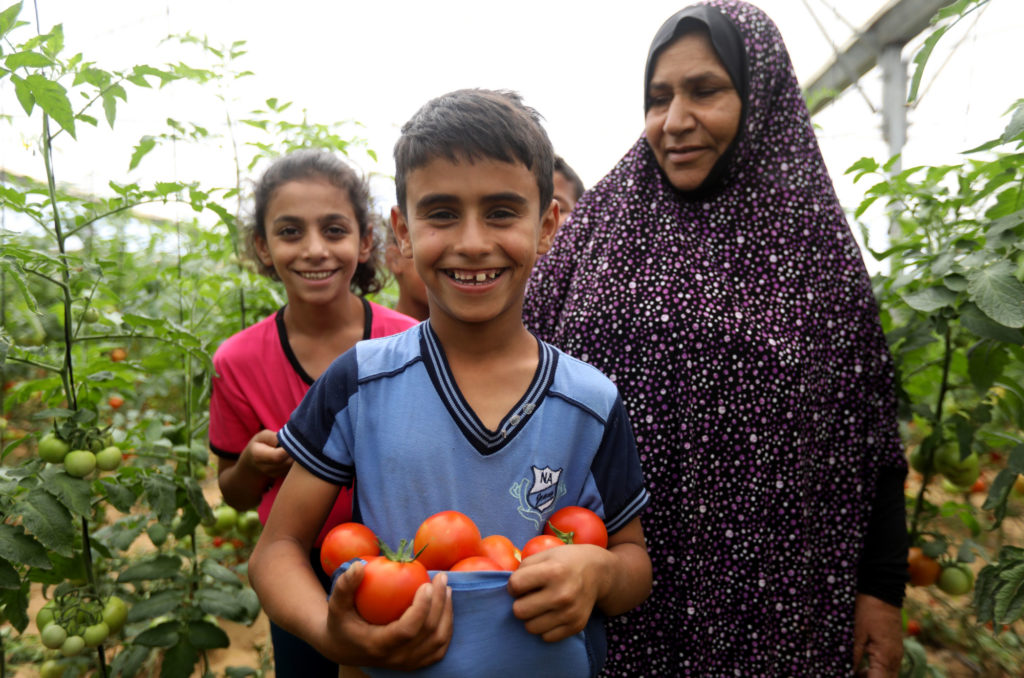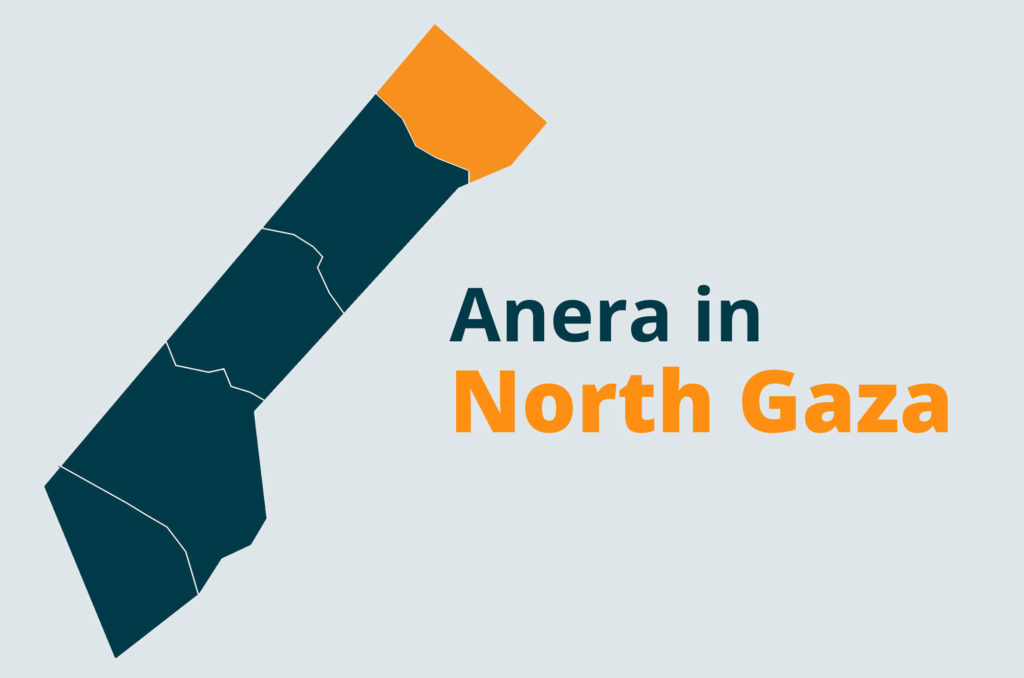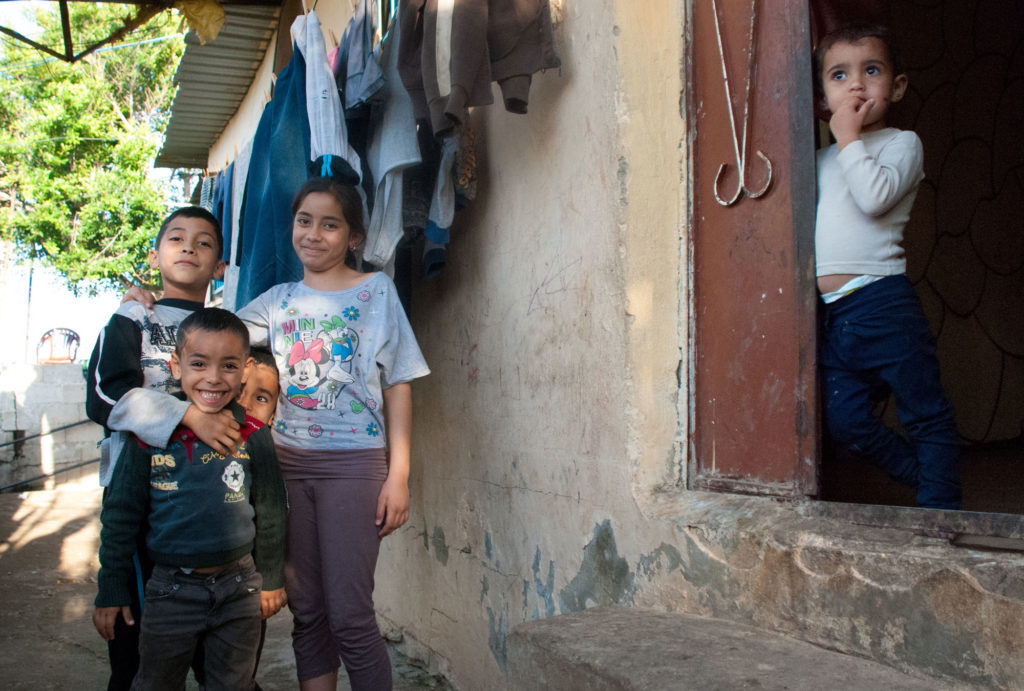May, 2022
Building greenhouses for family farmers in Gaza helps small farmers stay in business and promotes the local economy.
Tomatoes are already growing tall this spring at Shawqi Abu Suninah’s greenhouse in the southern city of Rafah.
“It’s one of the most pleasing sites,” Shawqi says of the tomato crop rapidly ripening for harvest.
For him farming is life and a gift he inherited from his forefathers.
“My earliest memories are of learning how to live with nature,” he says. His childhood home’s backyard was a forest of vegetation, in which his father grew vegetables, herbs and olive trees.


Shawqi’s childhood reflects the deep roots of Palestinian family farming in rural communities. Unfortunately, Shawqi struggles to maintain the traditions that he grew up with. The challenges he faces are illustrative of the threats farmers face across Gaza.
Since the imposition of the 2007 blockade on Gaza, the challenges facing small farmers like Shawqi threaten to render this way of life extinct. The high cost of agricultural inputs have pushed farmers to abandon the cultivation of their land and increased their dependency on food aid.
The economic hardships forced him to scale back on the planting of his own family land, and instead go to work for other farmers with larger holdings. If it wasn’t for his passion for farming, he would have given up long ago.
“It was a hard feeling to work for others, seeing my land lie fallow. I was paid by the hour and it wasn't quite enough for me. My only consolation was that I am still doing what I love,” he says.


“It was a hard feeling to work for others, seeing my land lie fallow."
Still, his acumen for the work has brought him success within the limited opportunities available to him. The father of five was only 19 when he was put in charge of coordinating a group of farm workers on the nearby fields of Rafah.
Three years ago, Shawqi received a 150 square meter greenhouse from Anera, built with support from Zakat Foundation of America. It was a perfect opportunity for him to revive the family traditions.
In his second year with the greenhouse, he was able to build an expansion of the structure, paid for with the revenue from the first year’s harvest.
Three years in, he has added two extra arches to the original single-arch greenhouse. “Now I feel I have good space to grow, and I can still add another arch.”
“My situation has been improving. I harvested 20 boxes of tomatoes [that first harvest three years ago]. Now, I am expecting to double my produce, to 40 to 50 loads of tomatoes per season,” he says.


“For Palestinians, agriculture is more than just a source of income," Shawqi observes. "It is tied to the histories of Palestinians’ pride. We are born and raised on this land and just as the old saying goes: land will return whatever love and care you give to it.”




